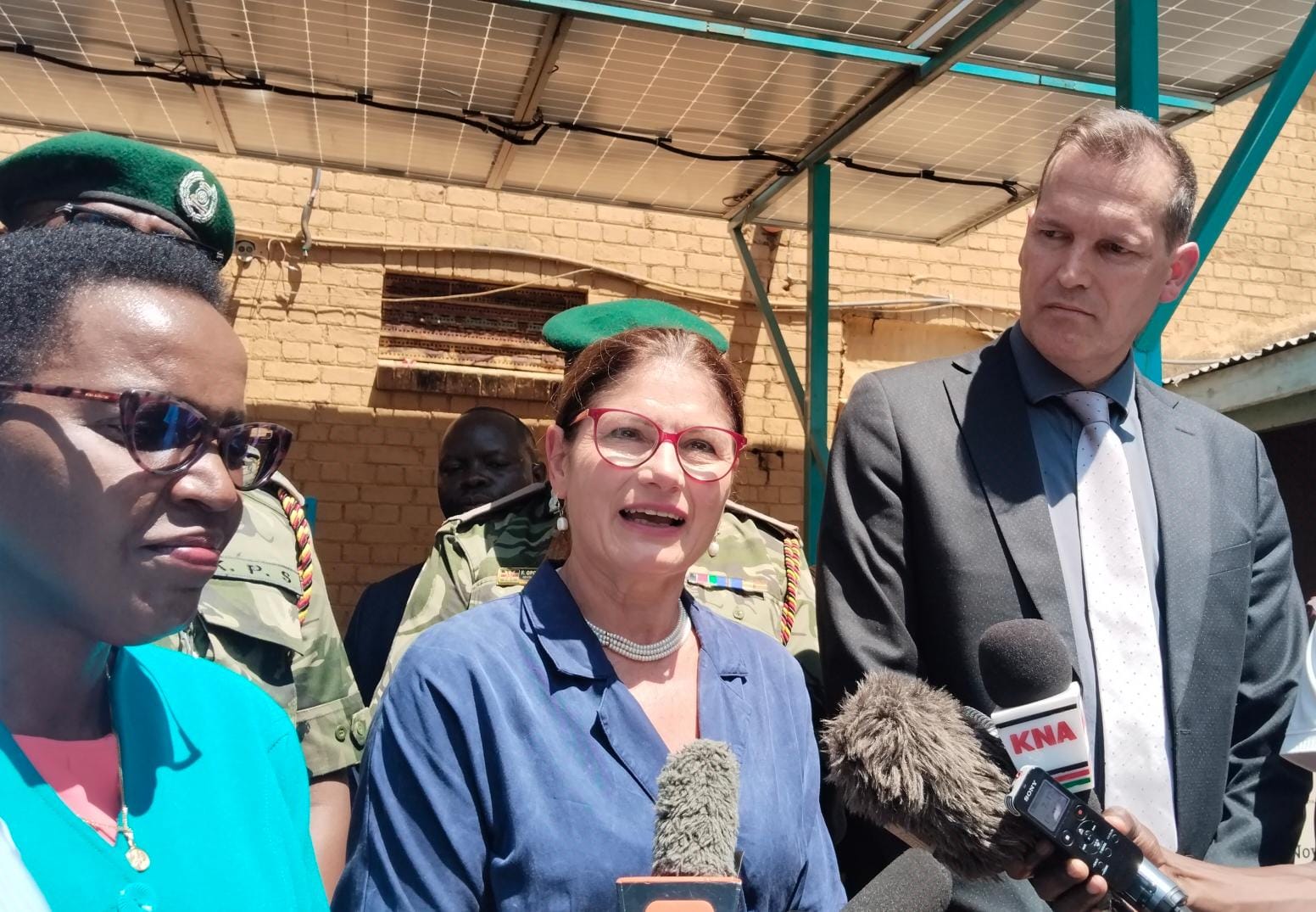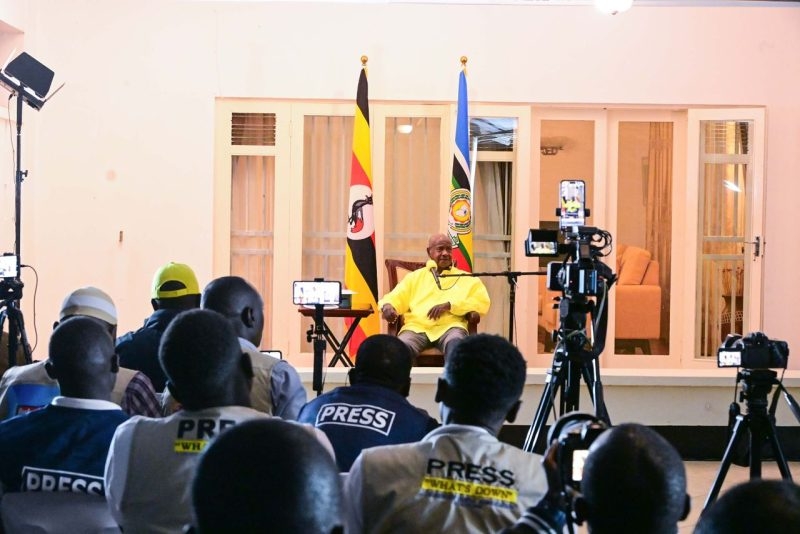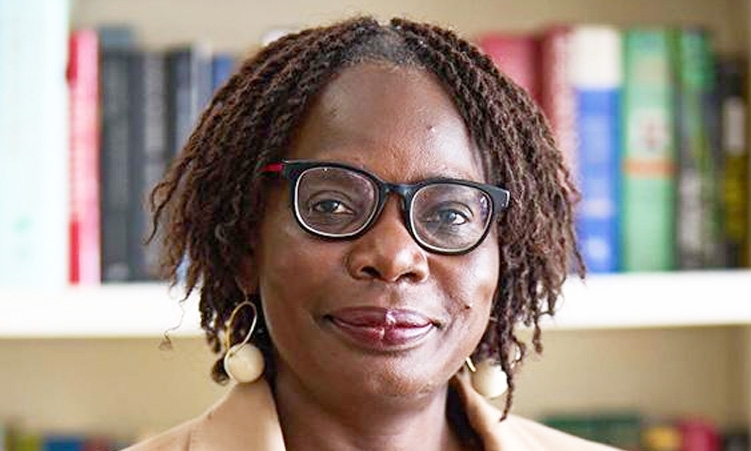



The Kisumu Maximum Prison has taken a step towards sustainability with the commissioning of a Sh5.9 million solar power plant funded by the European Union.
The project, which was officially launched by the State Department for Correctional Services, is designed to provide clean, renewable energy to power the prison facility, home to more than 2,300 inmates.
It is being implemented by the United Nations Office on Drugs and Crime under the PLEAD II programme.
Principal Secretary for Correctional Services Salome Beacco described the project as a “massive milestone” that not only ensures 24-hour electricity supply but also supports the government’s Bottom-Up Economic Transformation Agenda and the Greening Kenya Initiative.
“This solar project ensures continuous power without load shedding. It allows us to run virtual courts, improve service delivery and enhance security within the facility,” Beacco said.
The installation has enabled the prison to hold virtual court sessions, drastically reducing delays in hearings and cutting down on transportation costs for remandees.
“It also means justice will no longer be delayed due to lack of fuel or transport to physical court sessions.”
Currently, nearly half of the prison’s population comprises remandees, a figure Beacco said is expected to drop as virtual court sessions speed up case processing.
The PS noted that the project has already led to a 70 per cent reduction in electricity costs, with monthly savings estimated between Sh100,000 and Sh300,000.
“With these savings, we are now able to reallocate funds to modernise correctional facilities, expand industrial production and improve inmates’ welfare,” she added.
The initiative is also expected to power the prison’s upcoming water treatment plant, ensuring a constant supply of clean water and improving hygiene standards.
The project will reduce dependence on non-renewable energy sources such as firewood and diesel, aligning with Kenya’s commitment to reduce its carbon footprint.
“This project speaks directly to our national climate goals and the broader agenda of transitioning correctional services into green, efficient and self-sustaining institutions,” Beacco said.
According to the PS, similar solar projects are underway at Nairobi Remand, Kericho Prison, Shikusa Prison and other facilities across the country.
“The goal is to make all our correctional facilities fully green in the medium to long term,” she said.
“We envision a future where renewable energy powers our prisons, reduces operational costs, and enhances rehabilitation programmes.”
Speaking during the event, EU Ambassador Henriette Geiger said the project forms part of the union’s broader investment in Kenya’s justice sector, which includes digitisation and green transformation.
“We’ve invested billions in reforming Kenya’s justice system to make justice accessible, efficient and transparent,” Geiger said.
“By digitising and solarising correctional facilities, we improve access to justice and reduce costs, while also protecting the environment.”
The ambassador noted that such projects demonstrate to European taxpayers how their contributions directly benefit communities across the world.
UNODC Deputy Representative Kumar Queering commended Kenya’s commitment to implementing the Nelson Mandela Rules, the United Nations’ minimum standards for the treatment of prisoners.
“This solar installation is a great example of how we can translate global standards into practical improvements for inmates and staff,” Queering said.
“It is also a bold step toward addressing climate change through innovation in correctional systems.”

















